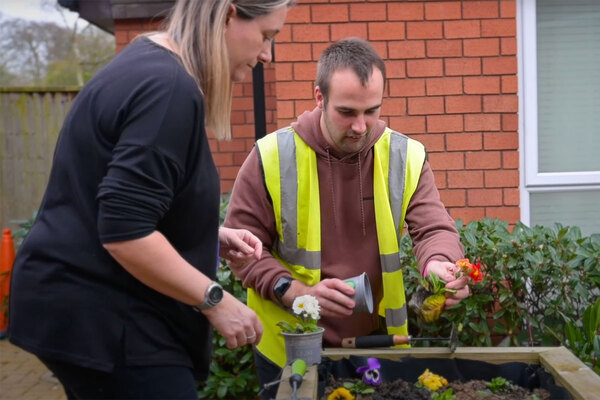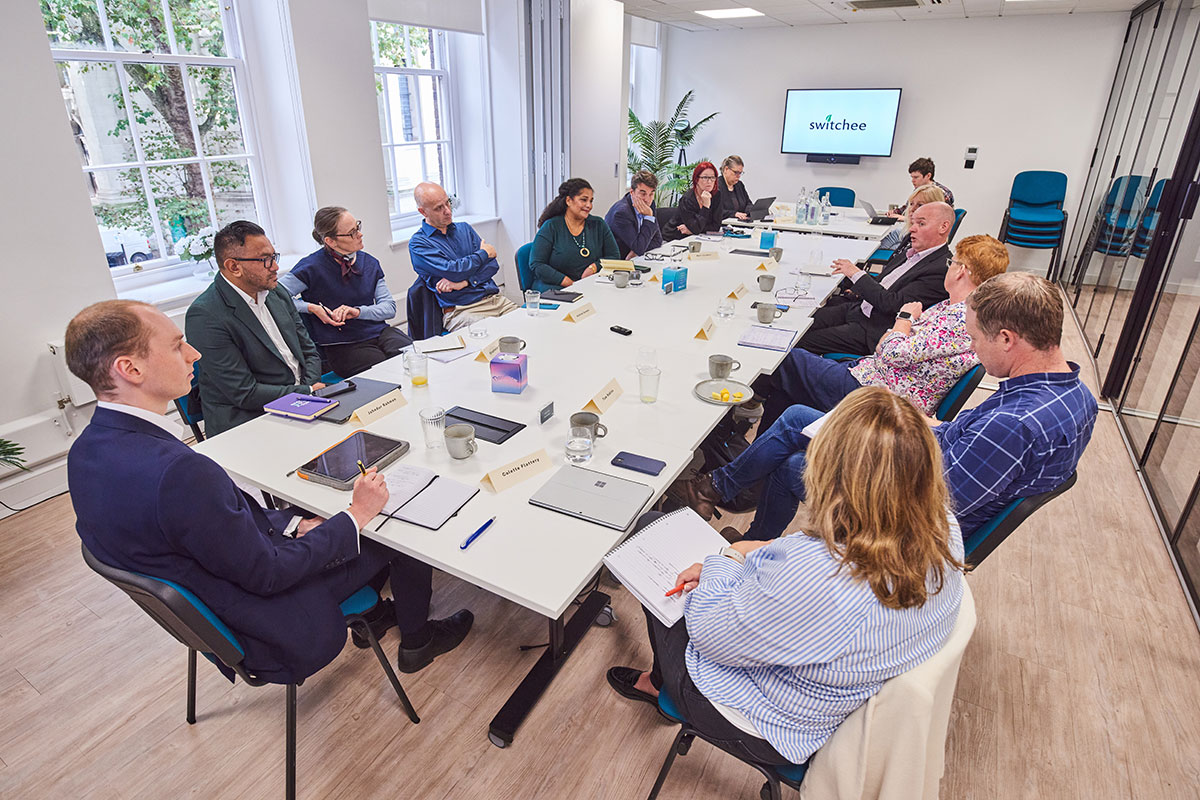You are viewing 1 of your 1 free articles
Why a national strategy for disabled people must have housing at its core
With the government set to launch a new strategy focused on disabled people, Sheron Carter calls for housing to be considered a key part of the mix
This year is set to be a special one for us at Habinteg as it marks our 50th anniversary.
When the organisation was established it set out to challenge the notion that people with impairments and chronic disease could be routinely isolated from society.
Back then, there was no recognition that disabled people had the right to independent and fulfilling lives. Housing options were limited to the family home, institutions or specialist homes.
The tide started to turn with the enactment of the Chronically Sick and Disabled Persons Act 1970. The legislation was groundbreaking as it was the first in the world to recognise and give disabled people rights to welfare services and practical assistance.
As a nation we are in a better place than we were a half century ago. More disabled people have suitable homes, the general environment is steadily becoming more accessible and our expectations for equality between disabled and non-disabled people have progressed.
But we still have a long way to go.
Not every disabled person has an accessible home; unemployment rates are higher; and transport, although improved, is extremely inhibiting even in the best-served locations.
“More disabled people have suitable homes, the general environment is steadily becoming more accessible and our expectations for equality between disabled and non-disabled people have progressed. But we still have a long way to go”
In last month’s Queen’s Speech, it was announced that the government will publish a National Strategy for Disabled People in 2020 to ensure that disabled people can lead a life of opportunity and fulfilment. Fifty years on, it’s a fantastic moment to seize the chance to make this strategy as groundbreaking as the Chronically Sick and Disabled Persons Act.
The strategy – which will be developed with disabled people, disability organisations and charities – will include plans for housing, education, health, employment and transport. Habinteg’s Insight Group, which is made up of disability campaigners and tenants, will provide input where they can to ensure the voices and views of disabled people are heard throughout the process. When the full strategy is released, accessible housing must be at its core.
We can’t improve health and employment outcomes for all disabled people unless we get housing right.
The prime minister has a track record of leadership in this area.
During his time as London mayor, he championed the capital’s policy requiring the Lifetime Homes standard (forerunner of M4 Category 2) as a mandatory minimum for all new dwellings. He also made it a requirement that 10% of new homes be wheelchair user dwellings.
So, as we embark on our anniversary year, we look to the prime minister to draw on London’s example to show what can be achieved. It’s now time for national policy to set a higher standard nationwide.
Sheron Carter, chief executive, Habinteg











